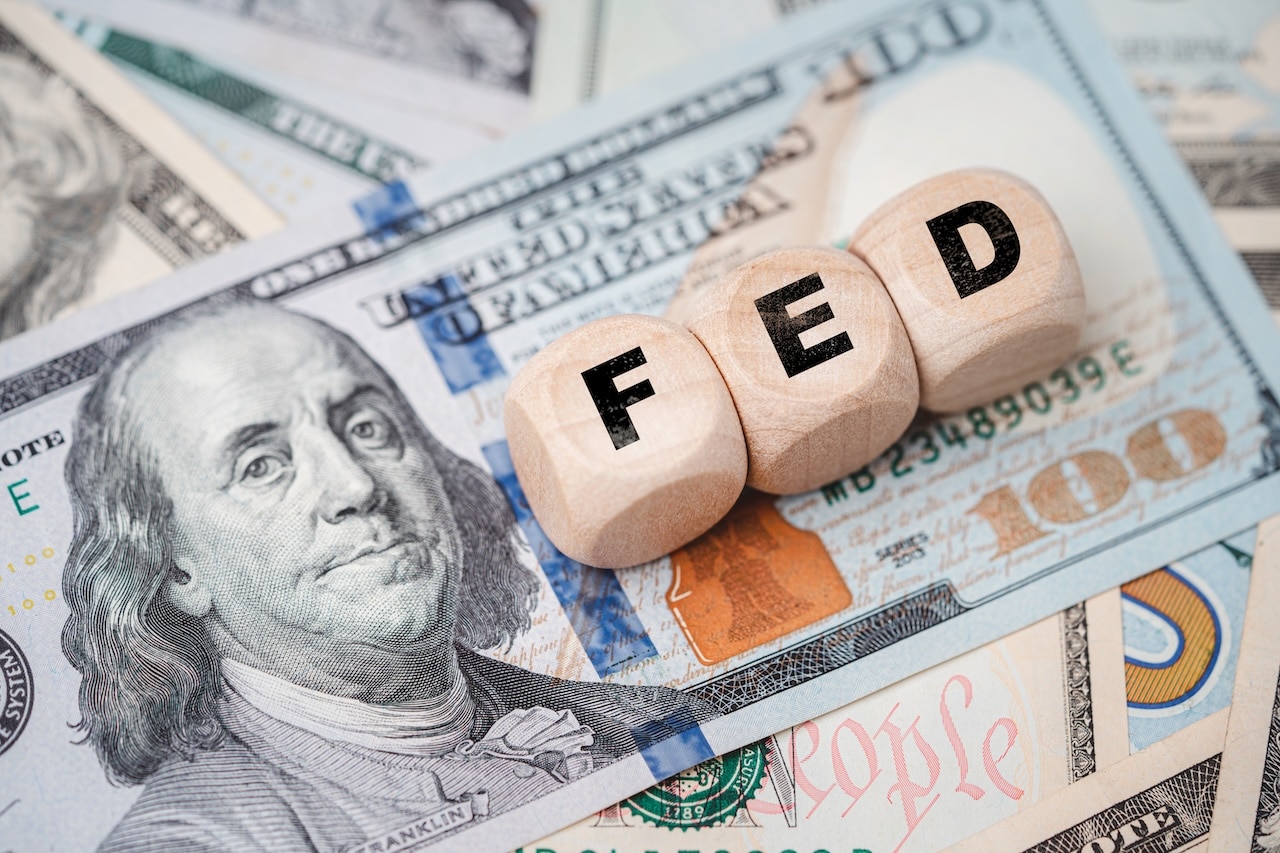Credit Sesame on budgeting for contentment or the art of balancing your needs and wants.
Everyone wants to feel contented. But, for many, money problems keep getting in the way. There’s a solution to that: budgeting for contentment.
You don’t have to overturn your way of life or deny yourself the pleasures you treasure. You just have to take back control of your money and focus your spending on the things you need and value.
The good news is today’s apps make this easy. You can let your smartphone do the hard work while you reap the benefits.
What is budgeting for contentment?
There are many reasons people decide to create household or personal budgets. Some may struggle to manage their finances, perhaps because they’ve taken on too much debt or have experienced a sharp drop in income. Others may want to save for something important, such as a wedding or buying their first home.
As federal regulator the Consumer Financial Protection Bureau (CFPB) says, “Making and sticking to a budget is a key step towards getting a handle on your debt and working towards a savings goal.”
A great wedding, the achievement of a homeownership dream, or the luxury of not constantly worrying about money can all bring happiness. But budgeting for contentment is a little different. This refers to people who may have no pressing need to budget but recognize they may feel more secure if have full control of their money.
What is budgeting?
The aim of a budget is to let you see where your money is going. What you do with that information is up to you.Once you see all your outgoings laid out, you may ask yourself questions. You need the answers.
Some fairly common reactions when examining historic spend are:
- How can gas be costing me that much each month? Should I think about getting a different car with better fuel economy?
- I’m still paying for gym membership even though I haven’t been for months. Should I cancel?
- Who knew my coffee shop habit had gotten so expensive? Should I start making my own?
- My grocery (or junk-food-delivery) bill has hit the roof. Should I try cooking for myself more often?
- The cost of heating or cooling my home is astronomical. Would I notice if I adjusted the thermostat a couple of degrees?
Those are only examples and you do not have to change anything. If you’re budgeting for contentment, you can afford your present lifestyle and can legitimately choose to leave everything as it is. But the chances are that you’ll spot some painless economies that you can’t resist making.
Some options when you’re budgeting for contentment
If you have a passion in life, budgeting for contentment may just mean eliminating wasteful spending so you can funnel more funds into the thing that gives you the most joy.
The comfort blanket of an emergency fund
You may want to divert some extra cash into creating an emergency fund. Few things make you more contented than knowing you’re ready to deal with whatever the world throws at you.
Emergency funds give you a cushion to help you get through challenging times. A period of sickness, unemployment or working shorter hours when your normal income is cut or eliminated. Or perhaps when you unexpectedly face large costs for essential house or car repairs or medical bills. Having cash saved can mean you don’t have to turn to expensive borrowing, which might also affect your credit score.
Don’t think you cannot be affected by a suddenly reduced income. In April 2023, the World Bank warned of a “lost decade” of global growth. And, days later, the International Monetary Fund (IMF) talked about 2023-28 having the weakest economic growth in 30 years.
If they’re right, few people will escape the consequences completely and some are in for a miserable time. And that’s before taking into account the possible impact of artificial intelligence (AI) on countless currently secure jobs.
With such grim prospects in view, you might think it a no-brainer to do what you can to get yourself in good financial shape. And that typically means reducing your debt levels and building an emergency fund.
But which should you focus on first, save for an emergency fund or pay off credit card debt?
The process of budgeting for contentment
Budgeting for contentment involves the same processes as budgeting for anything. It’s about identifying where your money’s going and then eliminating wasteful spending so you can prioritize the things that you find most valuable.
Time was, that involved going around with a notebook, noting every cent you spent. You’d then transcribe the figures into a ledger or spreadsheet, allocating spending to different categories of expenditure. But nowadays there’s an app for that.
Choosing a budgeting app
When deciding on the app you want to download, read customer and expert reviews online. There are plenty of them.
You can get some great free apps and you may think that’s your best way forward. But, before you choose, take a look at the extra functionality that paid-for apps can deliver. Do they deliver sufficient extra value to you to be worth the cost?
Most apps sync with your bank account and some with your savings and investment accounts. That provides you with a fuller picture of your finances.
Some top apps
Here’s a list of free and paid-for apps to research. It’s not exhaustive so check out others if they sound good.
- Mint
- YNAB
- Goodbudget
- Pocketguard
- Splitwise or Honeydue — when you’re budgeting with a significant other
- Fudget
The hardest part of many self-improvement initiatives is taking the first step. So, don’t put off budgeting until tomorrow. Act now!
If you enjoyed Budgeting for contentment you may also like,
- 5 Golden Rules for Saving a 3-Month Emergency Fund
- How to live extravagantly on a budget in 2023
- Eat like a king on a budget: 7 tips to save on groceries
Disclaimer: The article and information provided here is for informational purposes only and is not intended as a substitute for professional advice.





















